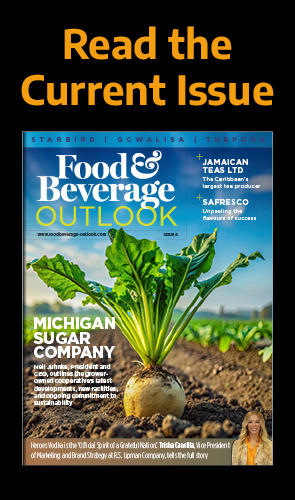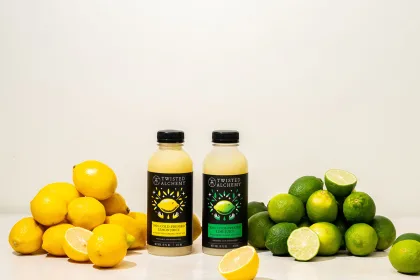Neil Juhnke, President and CEO of Michigan Sugar Company, outlines the grower-owned cooperative’s latest developments and new facilities, alongside the company’s ongoing commitment to sustainability which sees it in constant pursuit of strategies to grow better crops with less input.
MAKING LIFE SWEETER
With the application of technology advancing rapidly over the last 20 years, both in the field and agronomically, North America’s agricultural landscape has significantly evolved.
Historically, it has witnessed a steady growth of value-added agricultural processing, with the sugar beet industry being the oldest enduring example, dating back to the early 1800s when Napoleon commissioned French scientists to develop the root vegetable at scale.
Today, genetically modified organism (GMO) technology continues to transform the sector.
“When I began my career in the sugar industry in 1990, an 18-ton-per-acre (tpa) crop with 16 percent sugar was considered a good yield. Now, we’re growing between 34 and 35 tpa – nearly double – with sugar content close to 18 percent,” opens Neil Juhnke, President and CEO of Michigan Sugar Company (Michigan Sugar).
As such, in recent years, Michigan Sugar has been able to reduce its planted acres from 160,000 to 140,000 while still being able to produce more sugar.
However, the sugar beet industry has not been without its challenges, with the recent COVID-19 pandemic necessitating workforce revitalization and restructuring.
Mother nature, meanwhile, has presented its own challenges, with cercospora leafspot a recurring disease damaging crops and developing tolerance to the different fungicides used to control it.
“Nature finds a way to challenge us in the agronomic production of sugar beets,” Juhnke says.
As the third-largest sugar beet cooperative in the country and the most vertically integrated, Michigan Sugar plants, grows, harvests, processes, stores, and packages sugar in value-added configurations.
“More than 50 percent of our sugar is supplied to customers in some value-added form, and we are proud to count eight out of the nine major US retailers among our customers,” he adds.
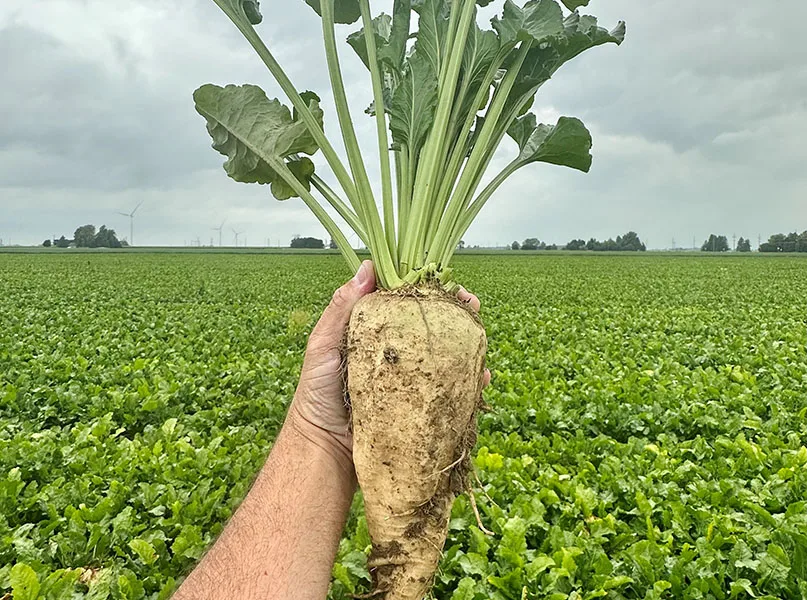
A SUSTAINABLE SUPPLIER
As it focuses on increasing its sugar production in the most sustainable manner, Michigan Sugar has invested heavily in maximizing the efficiency of its separation processes.
A new molasses desugarization (MDS) plant, which opened its doors in May 2024, has significantly contributed to this goal with the ability to produce more than 80 million additional pounds (lbs) of sugar yearly for the company.
Molasses desugaring is accomplished through chromatographic separation, a resin-based process in which molasses – a by-product of the sugar extraction process from sugar beets – is passed through a bed of tiny resin beads to extract additional sugar from the molasses.
“This state-of-the-art facility, the largest capital investment in Michigan Sugar’s near 120-year history, is a complete game-changer for us,” Juhnke explains.
“We can now desugar 100 percent of the molasses we produce as a by-product of the sugar extraction process, as opposed to 60 percent previously. We have doubled our production capacity from 325 tons (t) of molasses per day to 650.”
Built over four years with more than 160,000 safe working hours, the MDS facility is a success story in sustainability because it allows the company to produce additional sugar without the need for its grower-owners to plant another acre of sugar beets.
“That means no additional input costs and no additional impact to the soil in our farmers’ fields,” Juhnke says.

“More than 50 percent of our sugar is supplied to customers in some value-added form, and we are proud to count eight out of the nine major US retailers among our customers”
Neil Juhnke, President and CEO, Michigan Sugar Company
PROGRESSIVE SUGAR COOPERATIVE
Counting many of the most progressive growers in Michigan among its farmers, Michigan Sugar is constantly evaluating how to grow better crops with less inputs.
A new quality payment system, for example, rewards growers for producing beets with higher sugar content and better overall quality, as opposed to simply growing larger beets.
“This system is intended to align our processing asset priorities with the agronomic production priorities of our farmers,” Juhnke outlines.
As a result, the company incentivizes its growers to produce more recoverable white sugar per t – the analytical measure of how much sucrose per t is recoverable in the factory.
“It’s a method to encourage the production of beets with higher recoverable sugar content – which requires lower tonnage – so our processing costs go down and sugar recovery goes up, aligning with our agronomic priorities,” he emphasizes.
In this way, Michigan Sugar emerges as a progressive sugar cooperative that not only encourages its farmers to maintain the local environment but financially incentivizes them to do so.
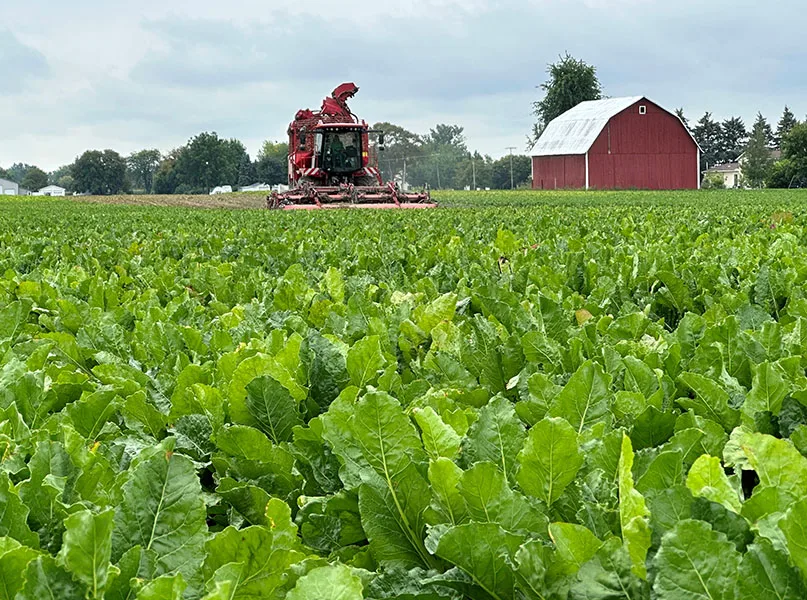
“Having been approved by the Board of Directors in 2024, the quality payment formula has so far been well received by all and has contributed to us achieving the highest sugar content on record this year in our entire history as a cooperative,” Juhnke says.
Elsewhere, the company utilizes GMO sugar beet seeds to increase its yields and reduce the number of herbicides applied to crops.
In addition, it is investing in green power generation strategies in a bid to adopt more sustainable electricity in at least two of its plants.
“We’re undertaking preliminary studies to assess the feasibility of cogeneration – whether we’d be able to generate enough electricity to serve the needs of the communities close to where our plants are co-located,” he tells us.
Michigan Sugar is currently investigating the possibility of generating six megawatts (MW) of electricity for its own use, and another 6 MW to power the local area – all through natural gas.
“That will be a huge reduction in generated electricity and another step forward in terms of our corporate social responsibility (CSR) and sustainability contributions,” Juhnke notes.
“Safety is paramount, and we’ve invested in developing key safety procedures such as new training and safety awareness policies”
Neil Juhnke, President and CEO, Michigan Sugar Company
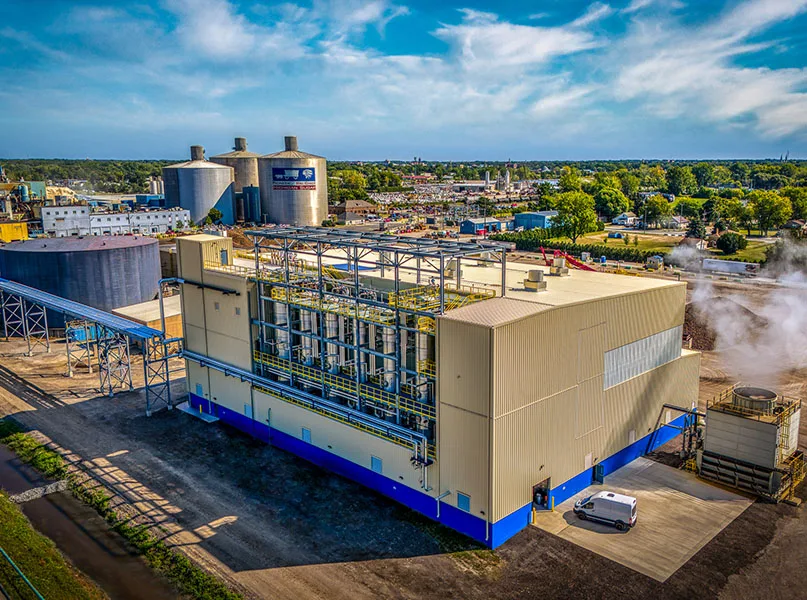
SUPPORTING EX-MILITARY PERSONNEL
As a company honored to count many military veterans among its ranks, Michigan Sugar supports ex-military personnel through employment.
When the company re-evaluated its workforce after the COVID-19 pandemic, it conducted a survey to ascertain which employees were most fulfilled and motivated by their work.
Those that fit this profile tended to be from a military background, so the company began to develop a military recruitment program.
“We’re partnered with RecruitMilitary, an organization that helps us connect to folks retiring from the armed forces,” Juhnke says.
Having now taken part in several recruiting events at military bases across the country and with an upcoming event scheduled at the Citadel Military College in South Carolina, Michigan Sugar has established a tangible partnership with military veterans.
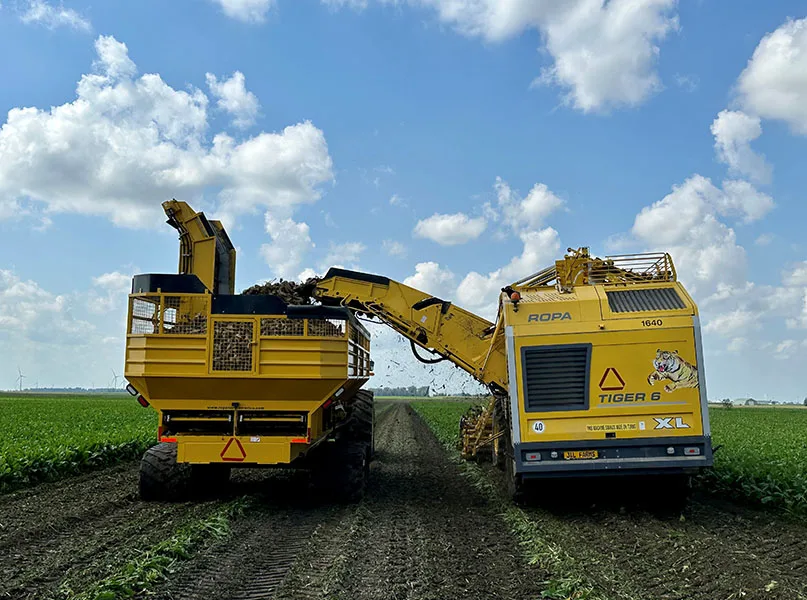
The company is also proud to participate in the Department of Defense (DoD) SkillBridge program, which allows active-duty service members to gain professional experience through internships, apprenticeships, or training.
“These activities have resulted in us hiring a number of ex-military personnel as shift supervisors and business leaders,” he reflects.
As a company that recognizes the leadership skills of employees with military backgrounds, it utilizes the DoD SkillBridge program to enable them to understand the industry while gaining technical expertise.
“Having hired a handful of military folks, I can safely say they’re all doing very well,” Juhnke affirms.
In addition, Michigan Sugar’s Veteran of the Month program rewards those who demonstrate commendable achievements, and it celebrates veterans on social media who have helped to build the company.
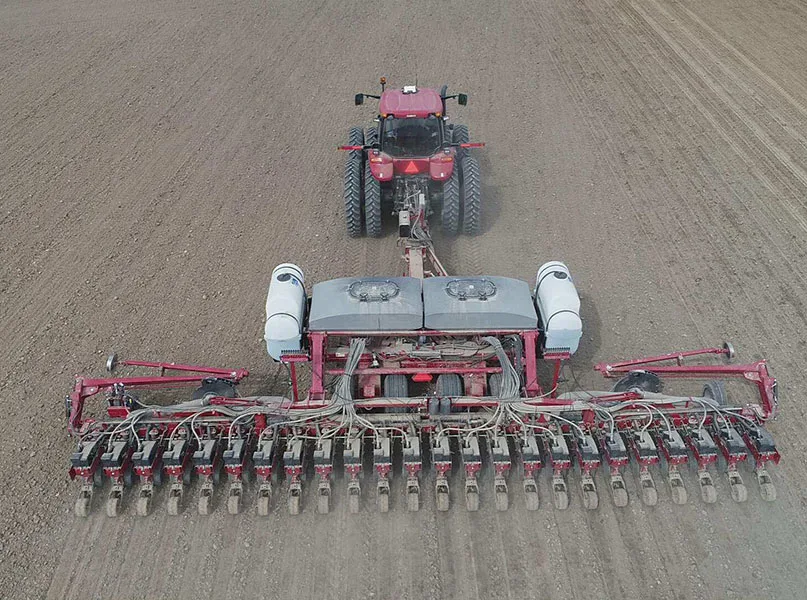
REBUILDING FOUNDATIONS
Michigan Sugar’s three-year strategy to rebuild foundations for future success, led by Juhnke, focuses on improving company performance through investments in people and technology.
“We felt like we were a good company, but needed to be a great company,” he says.
In collaboration with the company’s Board of Directors, Juhnke used Jim Collins’ best-selling book, ‘Good to Great’, as a foundational framework upon which to build.
The strategy focuses on improving operational capabilities, accountability, accuracy, and data utilization in decision making, alongside shoring up the workforce, training, and finances.
“We’re through the toughest two years of that three-year strategy, and this year we’re focusing on the finer details of our performance,” Juhnke shares.
As such, extracting and removing waste from the system, improving operational reliability, and enhancing safety are among the company’s top priorities.
“Safety is paramount, and we’ve invested in developing key safety procedures such as new training and safety awareness policies,” he details.
With plans to sit down with its Board of Directors again in February 2026, Michigan Sugar is looking forward to what the future holds.
As a grower-owned cooperative with 865 shareholders and 350 farm operations, the company is proud to generate more than $700 million in annual revenue – the majority of which is reinvested into the local community.
“We’re very proud to be a world-class, grower-owned cooperative,” Juhnke passionately concludes.






